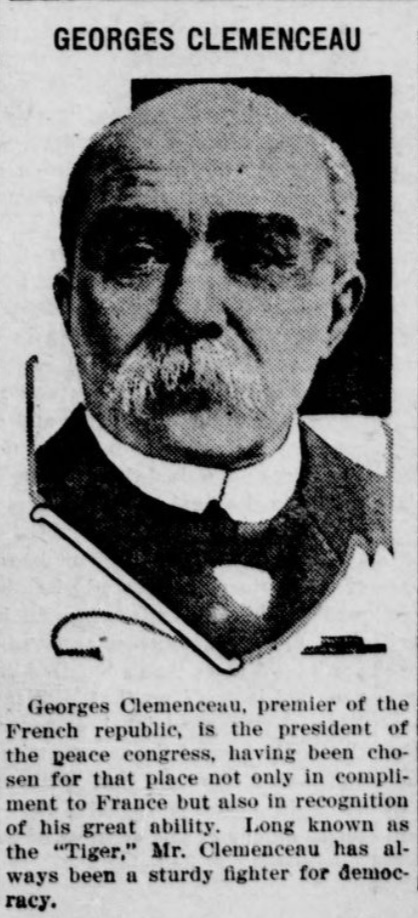
"Yerington Times," May 9, 1919, Chronicling America
Germany was the main instigator of World War I (WWI) and a major European power that could overthrow the entirety of Europe. The European Allies felt threatened by the war and wanted to cripple Germany's power by forcing Germany to sign a punitive peace treaty.

"Yerington Times," May 9, 1919, Chronicling America

French
Clemenceau, the president of the peace congress, effectively influenced negotiations to severely punish Germany. Despite the harsh terms of the finished treaty, he continued to believed that the penalties were too lenient.
"In the first place, he was a foremost believer in the view of German psychology that the German understands and can understand nothing but intimidation, that he is without generosity or remorse in negotiation, that there is no advantage he will not take of you, and no extent to which he will not demean himself for profit, that he is without honor, pride, or mercy. Therefore you must never negotiate with a German or conciliate him; you must dictate to him. On no other terms will he respect you, or will you prevent him from cheating you."
~ John Maynard Keynes, the British Treasury Chief Representative in Paris Peace Conference, on French Premier Clemenceau (John Maynard Keynes, "The Economic Consequences of the Peace", 1920)
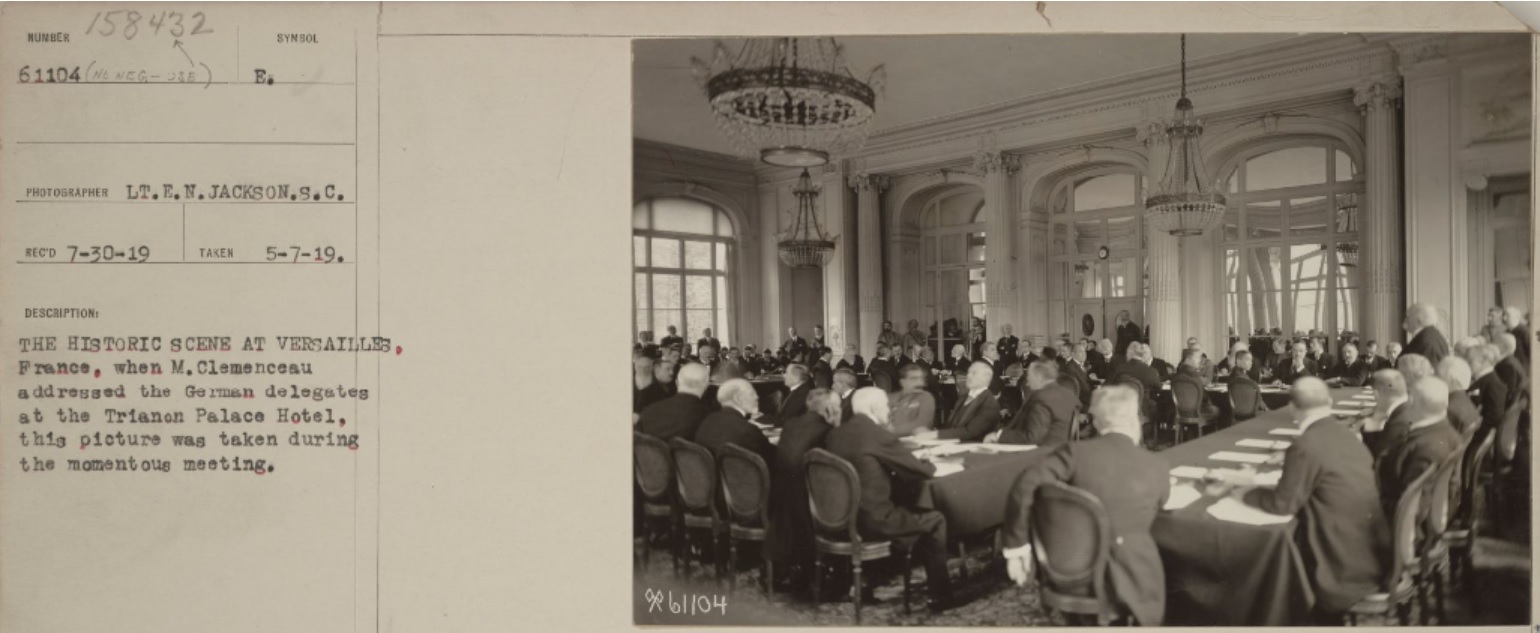
Clemenceau addressed the German delegates at the Trianon Palace Hotel, May 7, 1919, National Archives Catalog
Keynes predicted the severe economic impacts that would result from the harsh terms that had begun to emerge from negotiations.
"The Peace is outrageous and impossible and can bring nothing but misfortune."
~ John Maynard Keynes, the British Treasury Chief Representative in Paris Peace Conference ("How Economic Turmoil After WWI Led to the Great Depression", April 27, 2021, History.com)
He proposed a plan to give Germany a loan to buy necessities while they began to pay reparations. Although Lloyd George approved the plan, Wilson strongly rejected it.
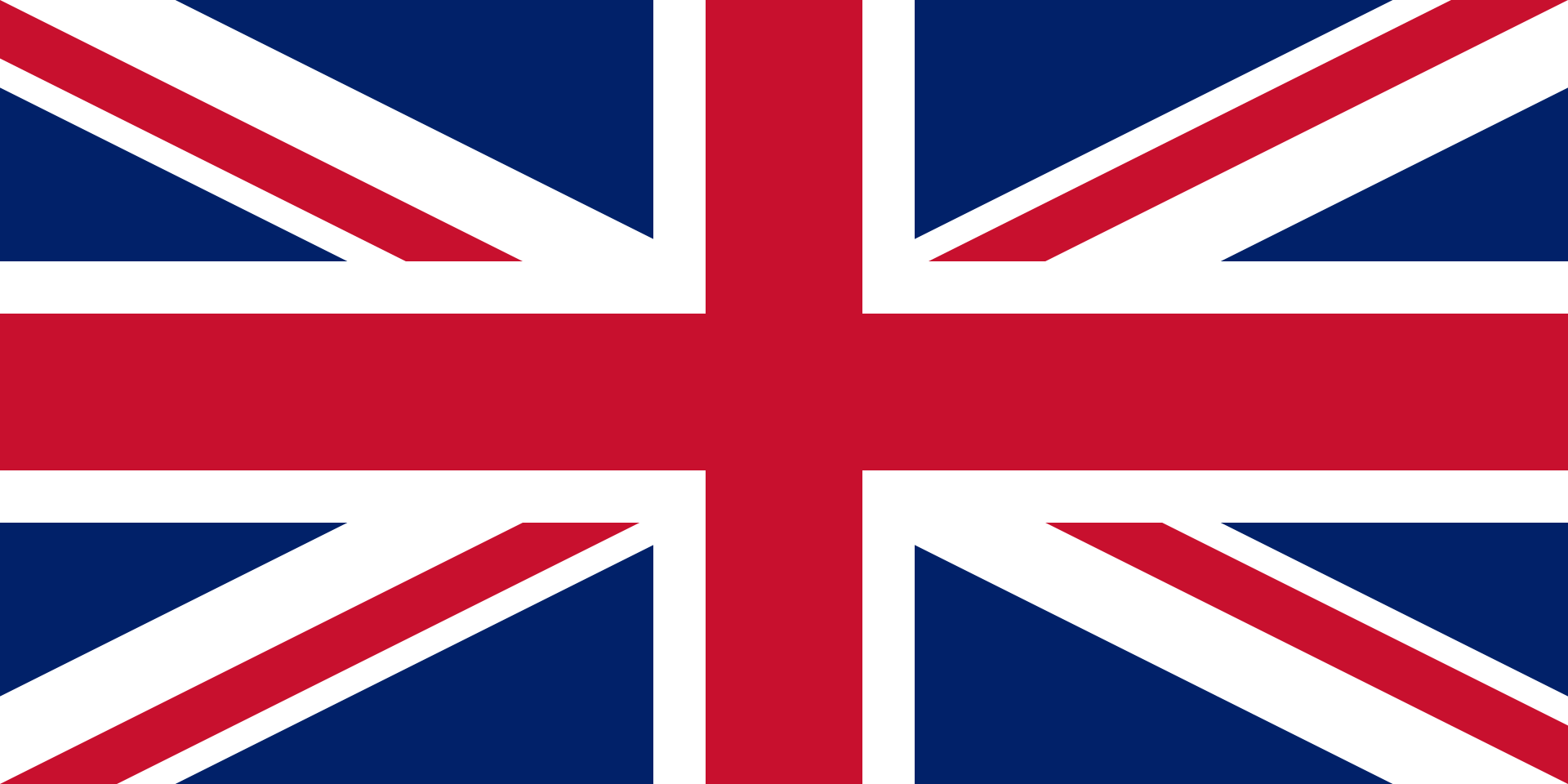
Great Britain
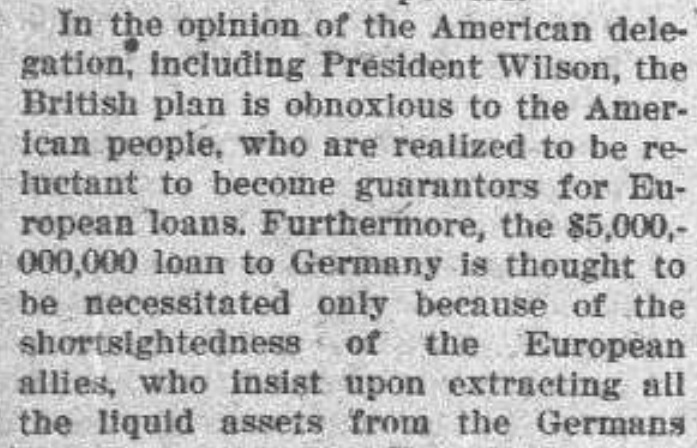
"Le Meschacébé", May 31, 1919, Chronicling America
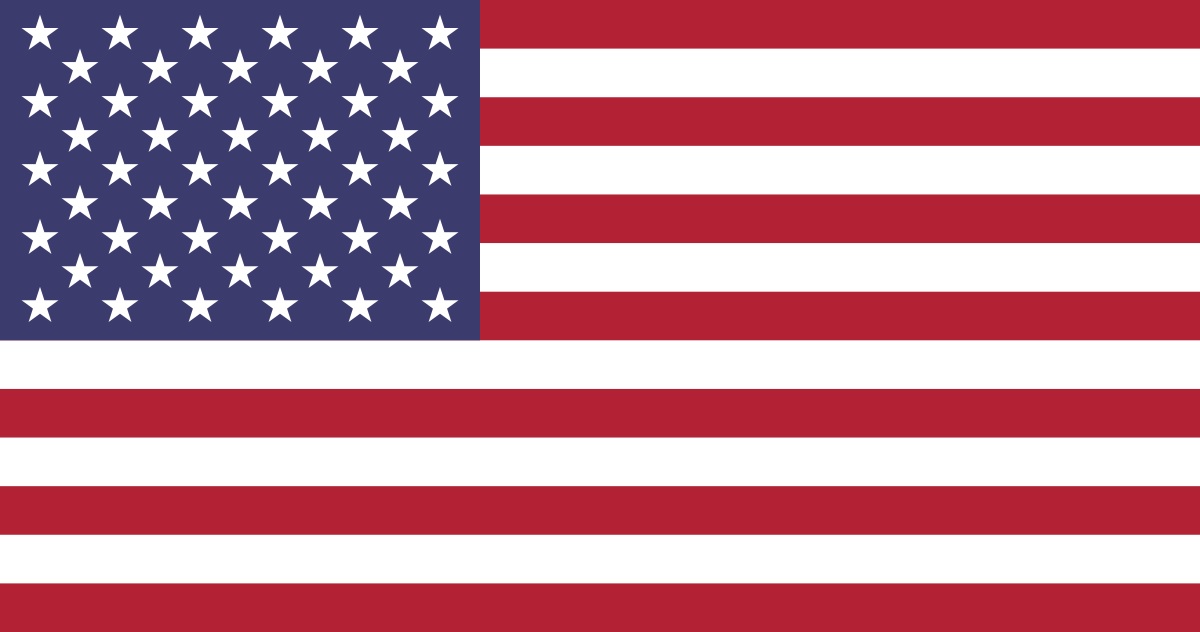
United States
Wilson shared his vision to use his Fourteen Points to create a long-lasting peace. Although these points were rejected by European delegates, they gave birth to the League of Nations. It was formed with the goal of preserving peace as it kept the nations united.
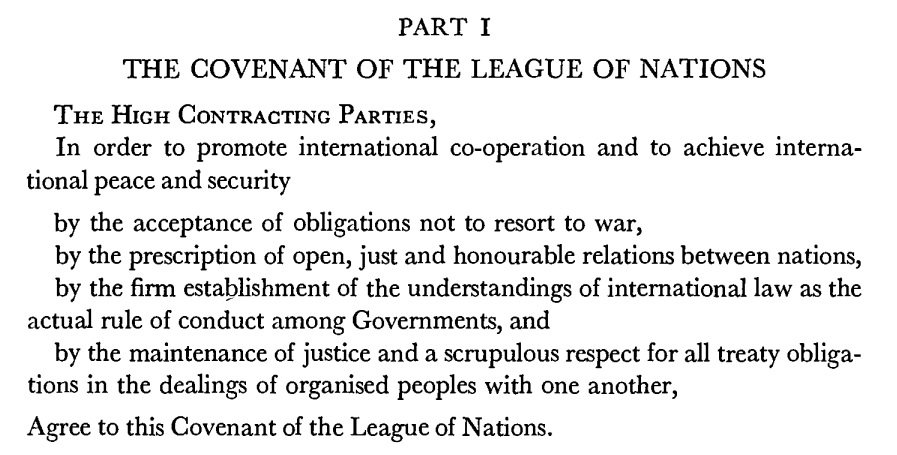
The Covenant of the League of Nations (Treaty of Versailles p.56), Library of Congress
Wilson’s League of Nations was accepted by delegates due to his insistence.

"The nonpartisant leader", June 2, 1919, Chronicling America
However, it was rejected by the U.S. Senate, as they did not want to get involved with European affairs.
"It is said we are now a world power and must take up burdens. We are, indeed, a world power, and we do not intend to surrender that position and become the tail of the international kite. We welcome new burdens if they are legitimate; but we decline those which others are eager to unload."
~ Albert J. Beveridge, the former senator of Indiana ("Pine Bluff Daily Graphic", March 9, 1919, Chronicling America)
"Victory would mean peace forced upon a loser, a victor’s terms imposed upon the vanquished. It would be accepted in humiliation, under duress, at an intolerable sacrifice, and would leave a sting, a resentment, a bitter memory upon which term of peace would rest, not permanently, but only as upon quicksand.”
~ Woodrow Wilson, the head of U.S. delegation for the Paris Peace Conference (January 23, 2017, Smithsonian Magazine)
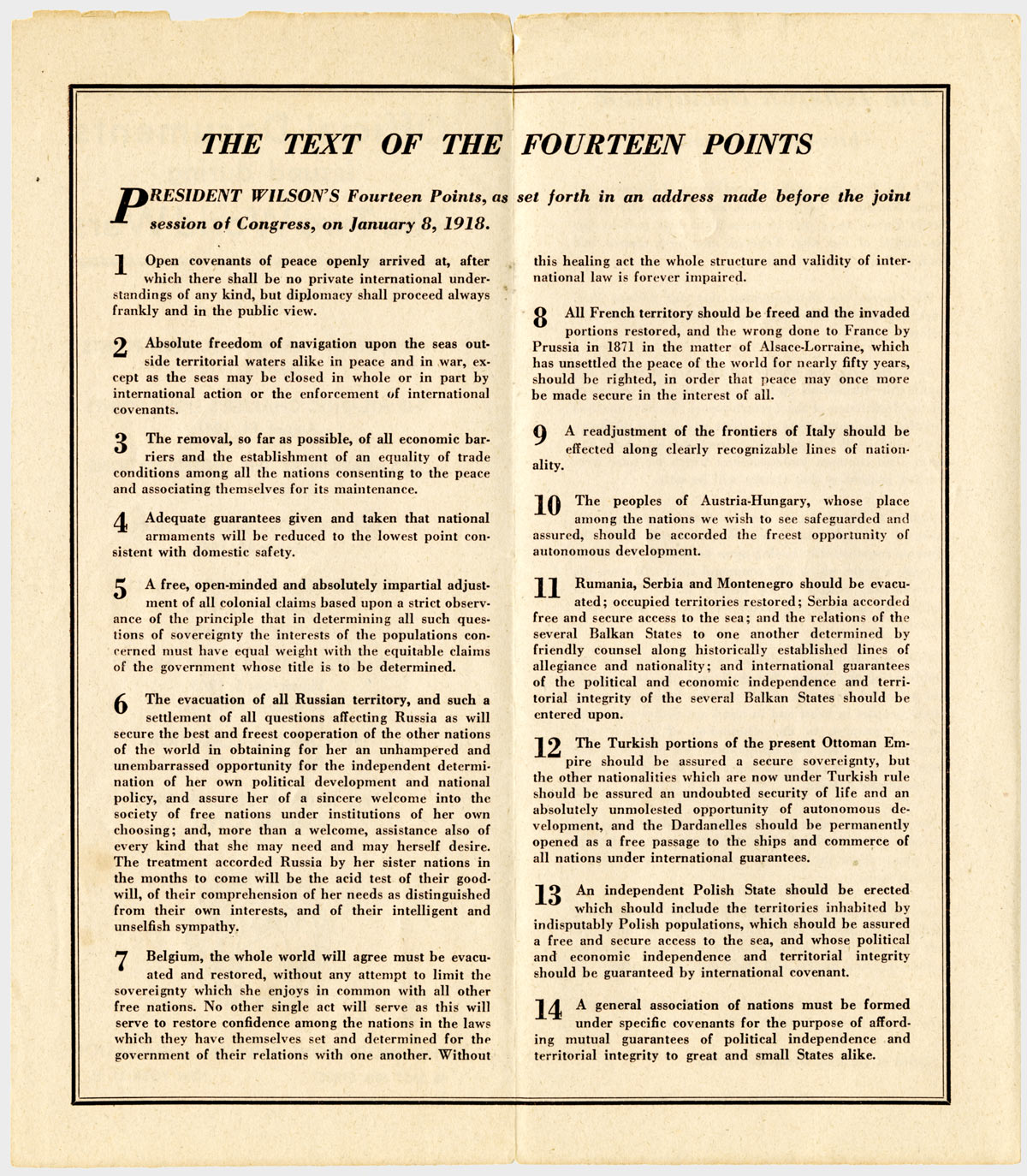
"The Fourteen Points", National WWI Museum and Memorial
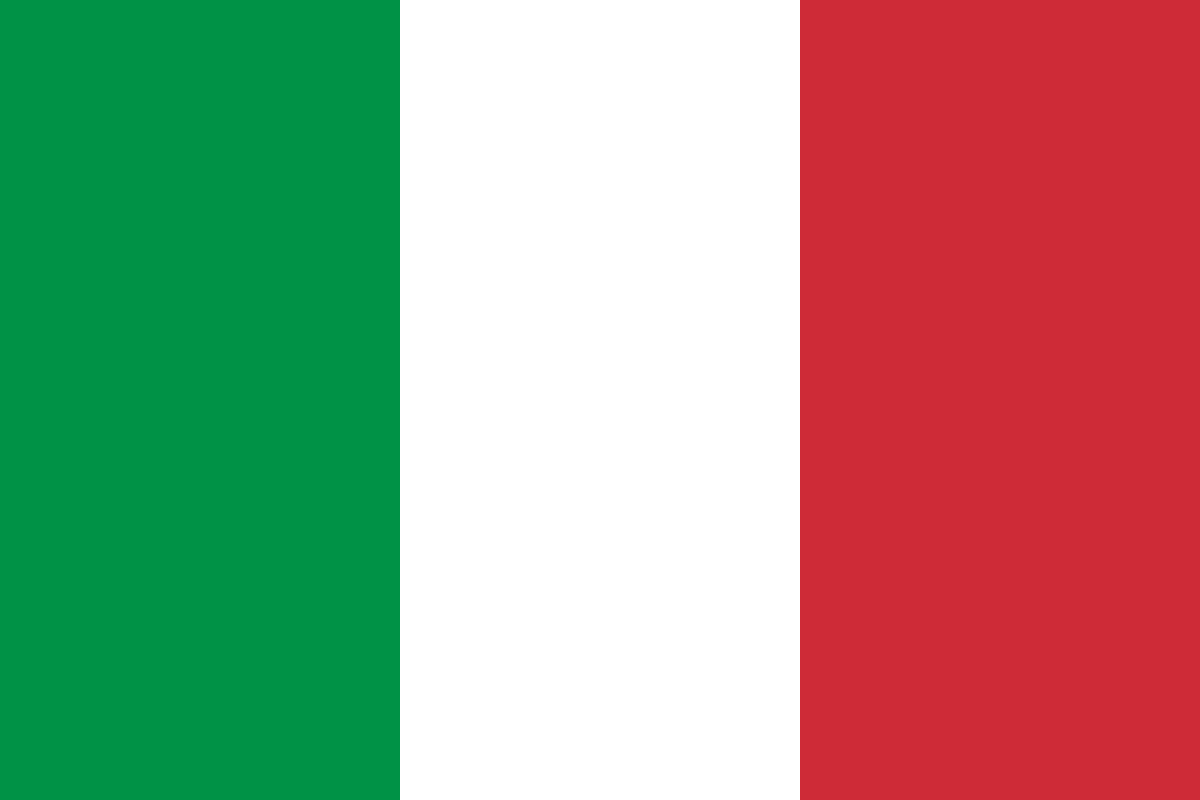
Italy
Italy expected to receive more land than what had been promised in a pre-existing agreement. However, Wilson refused these demands, especially their claim to the Adriatic port of Fiume.
"There would be no justification, in my judgement, in including Fiume or any part of the coast line ot the south of Fium, within the boundaries of Italian kingdom. Fiume is by situation and by all the circumstances of its development not an Italian, but an international, port serving the countries to the east and north of the gulf of Fiume."
~ Woodrow Wilson, the head of U.S. delegation for the Paris Peace Conference ("The Meridien Times", May 2, 1919, Chronicling America)
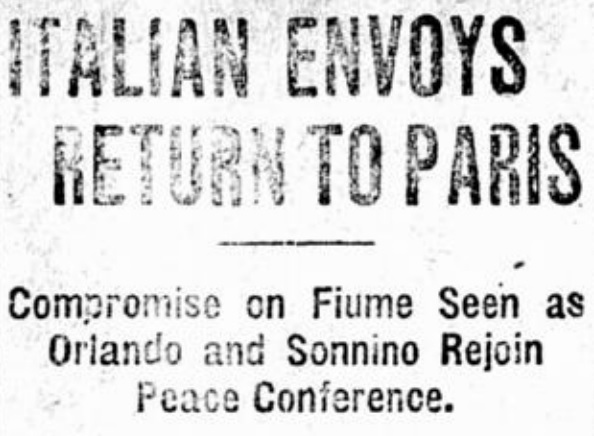
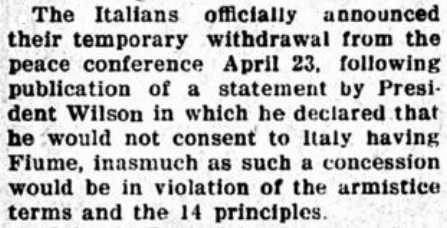
"Cresco Plain Dealer", May 9, 1919, Chronicling America
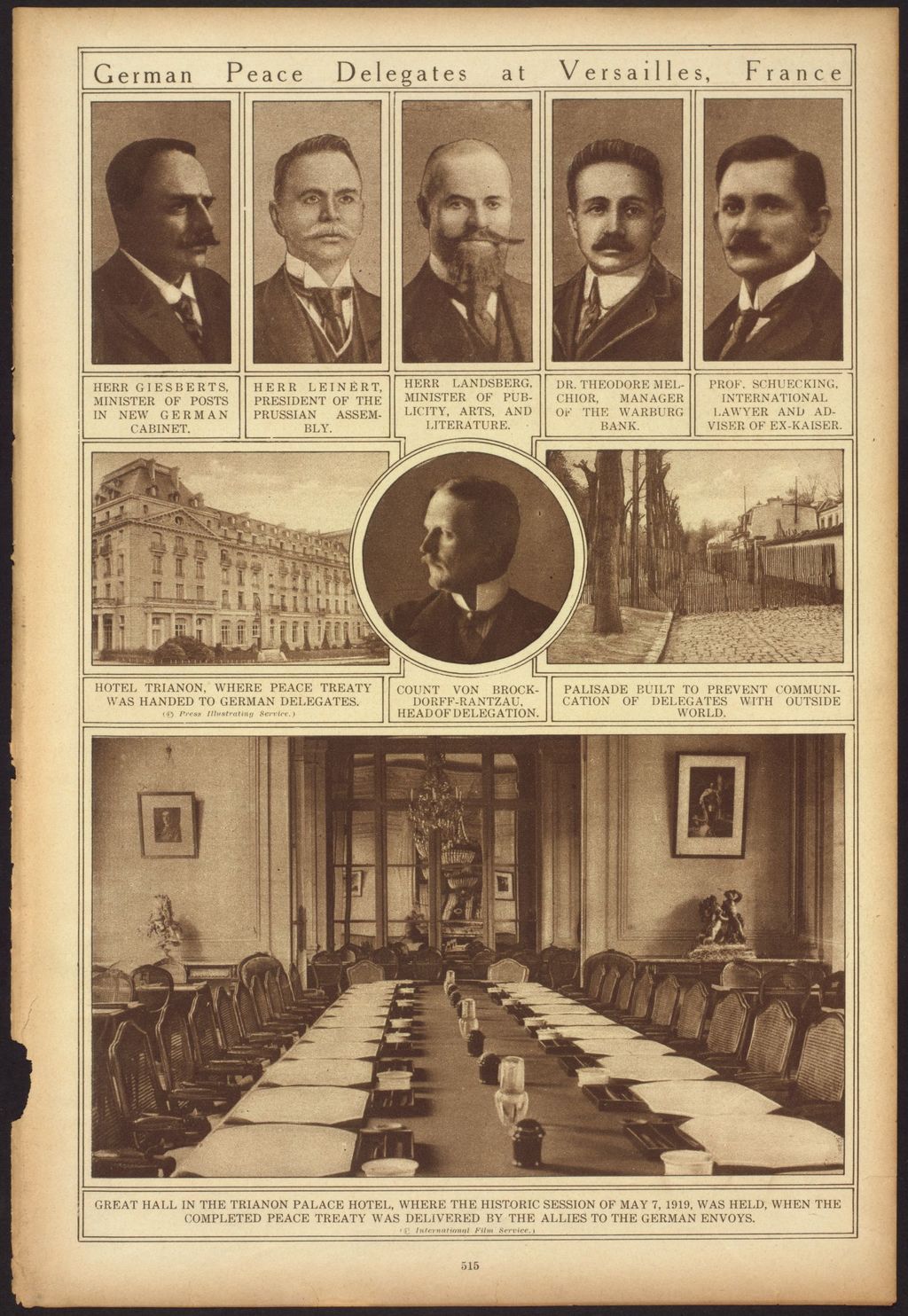
German delegates, 1919, Library of Congress
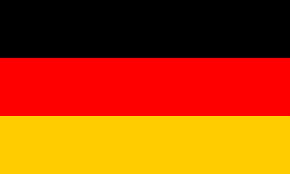
Germany

"Bisbee Daily Review", May 13, 1919, Chronicling America
On May 7, 1919, the Treaty of Versailles was presented to the German delegation. They submitted counter-proposals but was rejected and had no choice but to accept the treaty to avoid invasion.
"What else can we do but sign? We are on our stomachs with the allies on top of us and their thumbs in our eyes.”
~ A member of German Peace delegation in Versailles ("The Daily Times", May 16, 1919, Chronicling America)
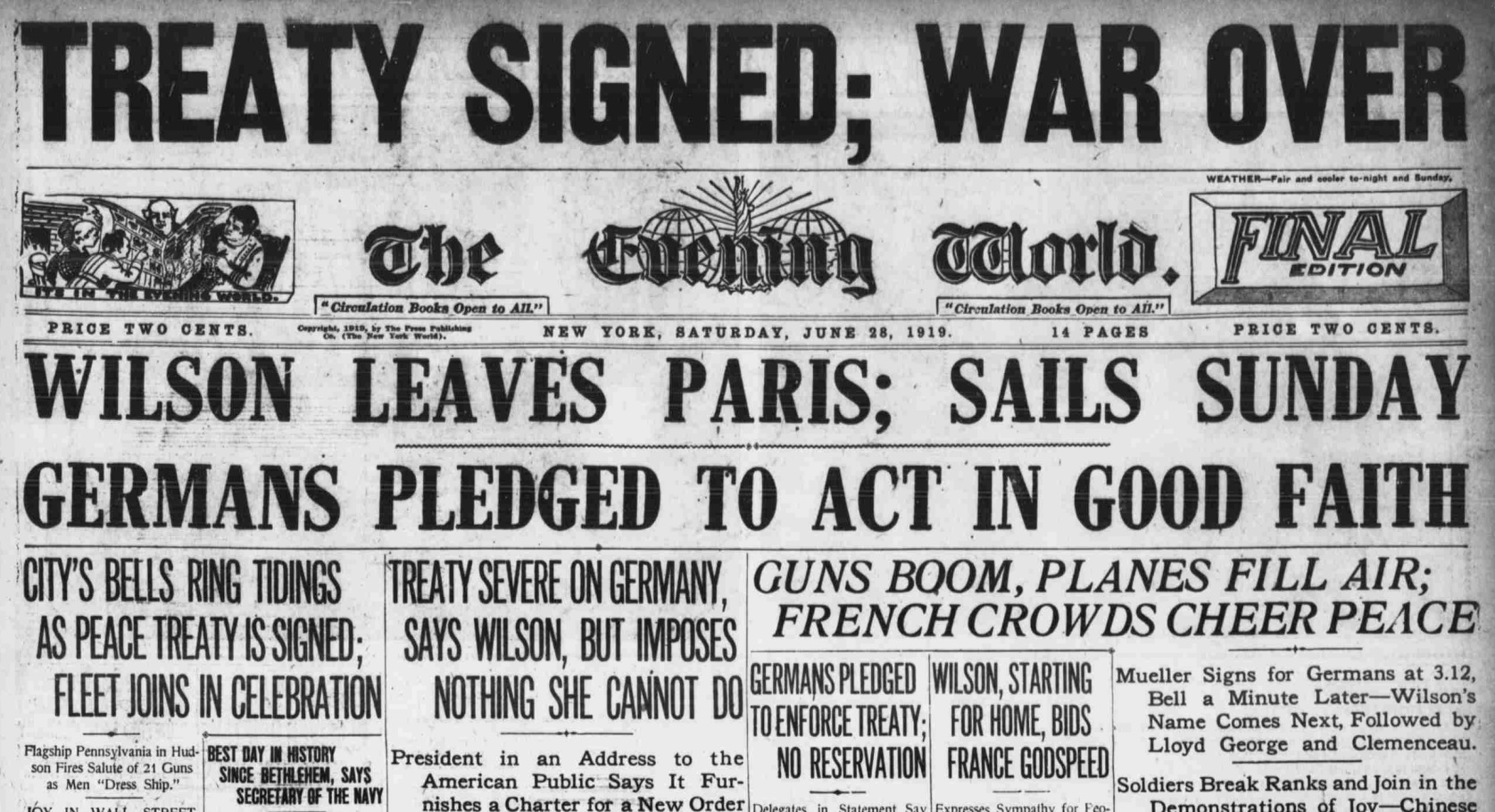
"The Evening World", June 28, 1919, Chronicling America